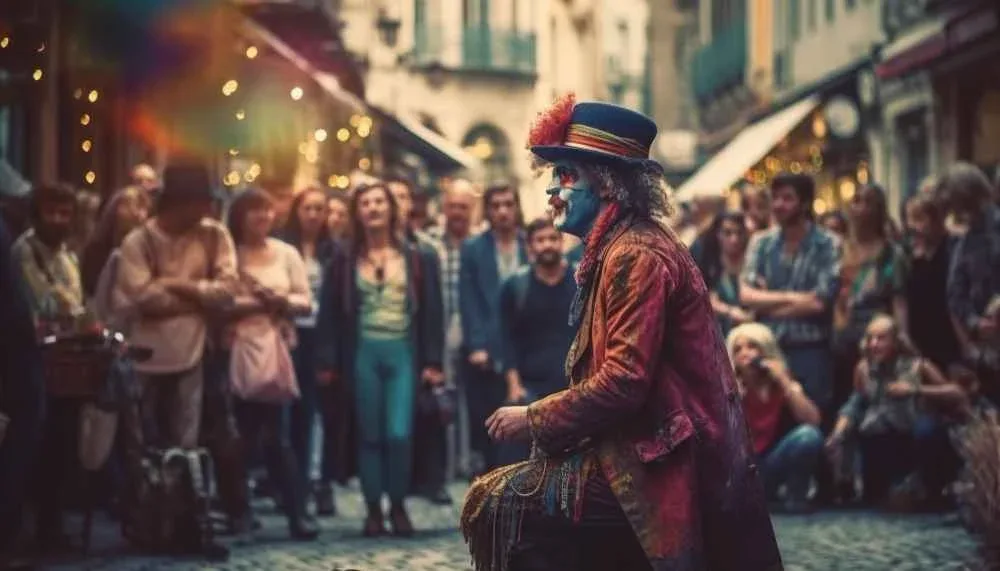Europe is undoubtedly one of the most culturally rich continents in the world. With its diverse history and vibrant traditions, it’s no wonder that there are countless cultural festivals celebrated throughout the year. From music and dance to food and art, these festivals offer a unique opportunity to experience the essence of European culture.
Today, I will explore some of the must-attend cultural festivals in Europe. Whether you’re a seasoned traveler or planning your first trip to Europe, these festivals should definitely be on your bucket list.
1) Carnival of Venice, Italy
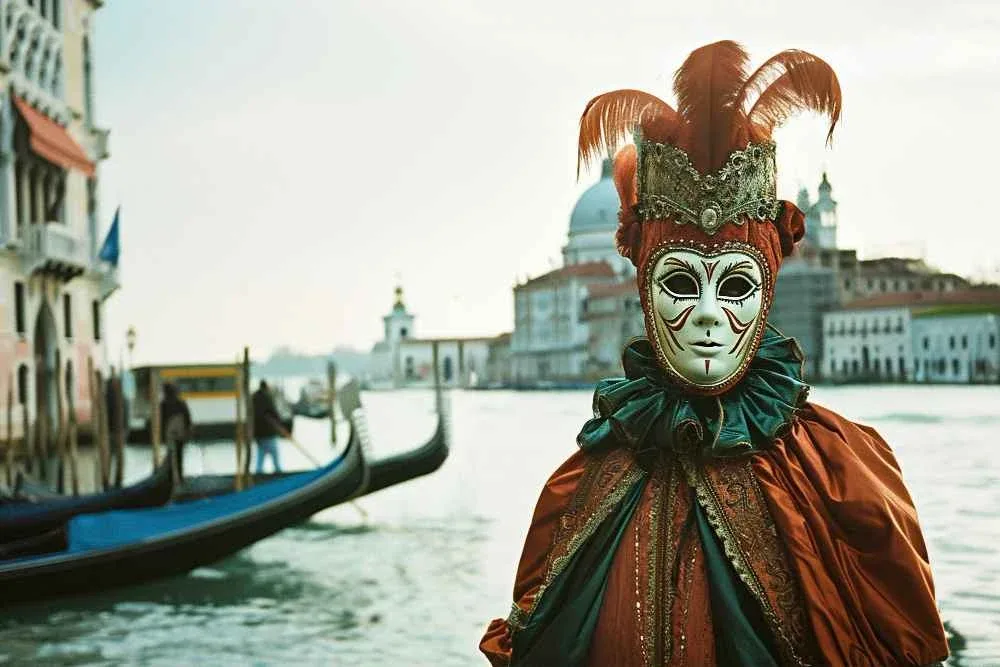
Dating back to the 12th century, the Carnival of Venice is one of the oldest and most famous festivals in Europe. The date of the carnival varies each year, but it typically takes place in February or March. This extravagant celebration takes place in the picturesque city of Venice for two weeks leading up to Lent. The festival is known for its elaborate masks and costumes, as well as the grand masquerade balls that take place in historic palaces.
It’s a time when the streets are filled with music, street performers, and delicious food. The highlight of the festival is the final day with the Flight of the Angel. A young woman descends from the St. Mark’s Campanile to the Piazza San Marco, representing the angel bringing good news to the city.
2) La Tomatina, Spain
La Tomatina is a unique and famous festival held in the town of Buñol, Spain. It takes place on the last Wednesday of August each year and involves a huge tomato fight. This festival originated in 1945 and has since become one of the most popular festivals in Spain, attracting thousands of participants from all over the world.
The main event of La Tomatina is a massive tomato fight where participants throw ripe tomatoes at each other for an hour. The streets are filled with people covered in red tomato juice, creating a fun and messy atmosphere. The festival also includes parades, music, and traditional Spanish food and drinks. You can enjoy the festival by joining in on the tomato fight or simply observing from a safe distance.
Read More: Cheap Beach Vacations for Couples
3) Glastonbury Festival
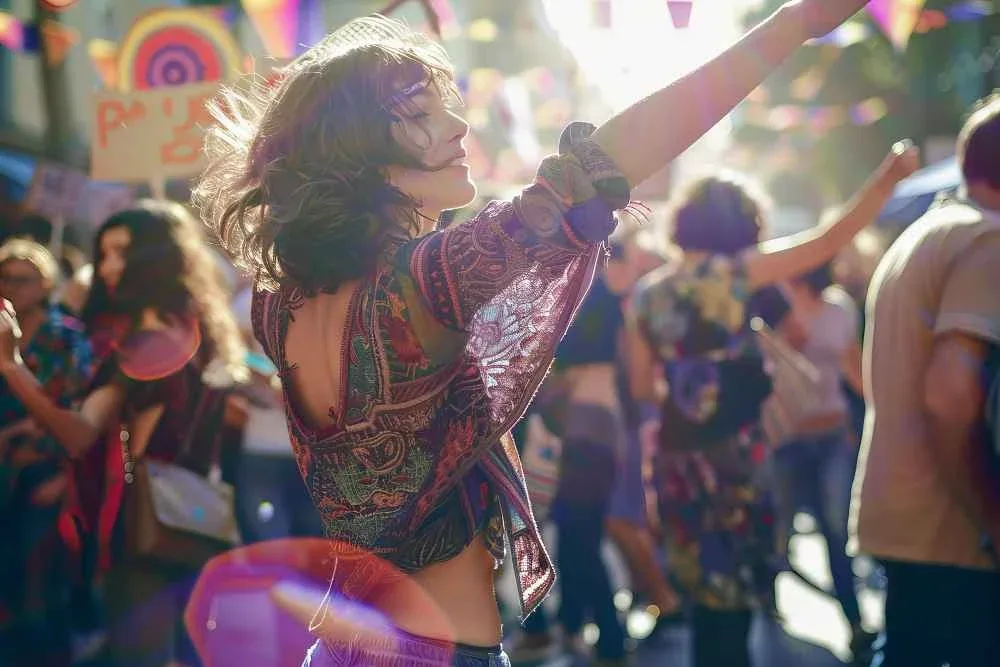
The Glastonbury Festival is a five-day music festival held in Somerset, England. It was first organized in 1970 and has since become one of the largest and most iconic music festivals in the world. The festival attracts a diverse crowd and features a variety of music genres, including rock, pop, dance, folk, and more. It is known for its impressive lineup of artists, including both established and up-and-coming acts.
The Glastonbury Festival also offers a wide range of activities and experiences. In addition to the main music stages, there are also smaller venues and areas dedicated to different forms of entertainment. These can include comedy shows, circus acts, spoken word performances, and even workshops for learning new skills.
4) Up Helly Aa
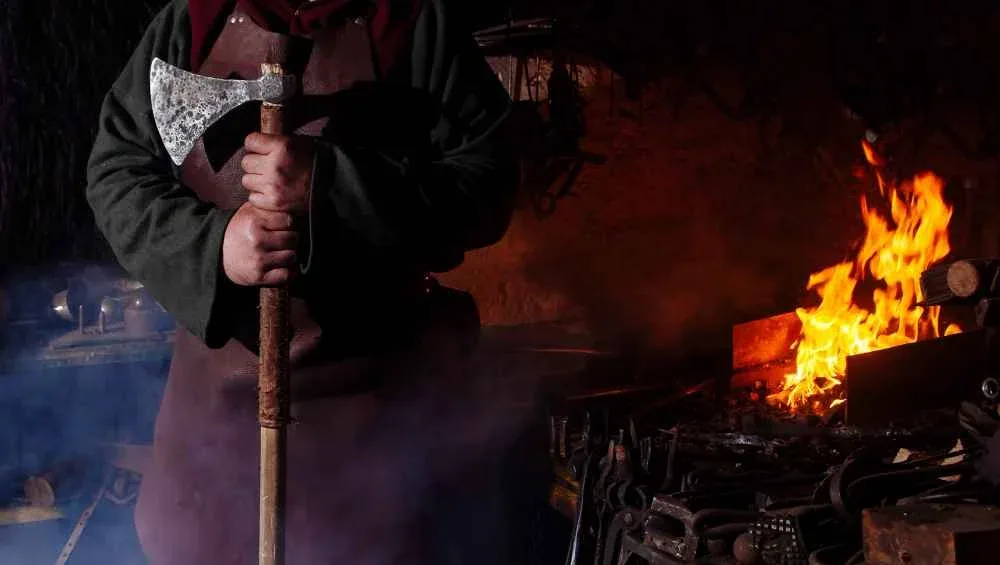
Up Helly Aa is a unique fire festival that takes place annually in Lerwick, Scotland. It is held on the last Tuesday of January and celebrates the island’s Viking heritage. The festival involves a torchlit procession through the streets, culminating in the burning of a replica Viking longship. The festival also includes traditional music, dancing, and feasting.
The tradition of Up Helly Aa began in the 19th century and has evolved over time. In its early days, fires were lit around town to mark the end of the Christmas season. It wasn’t until the 1880s that it took on its current form with the inclusion of a procession and burning of a ship.
Today, Up Helly Aa is one of Europe’s largest fire festivals and attracts visitors from all over the world. The event begins early in the morning with participants forming squads and dressing up in elaborate costumes representing different themes. These themes can range from historical figures to pop culture icons. The squads then march through town, stopping at various locations to perform traditional dances and songs.
5) Oktoberfest
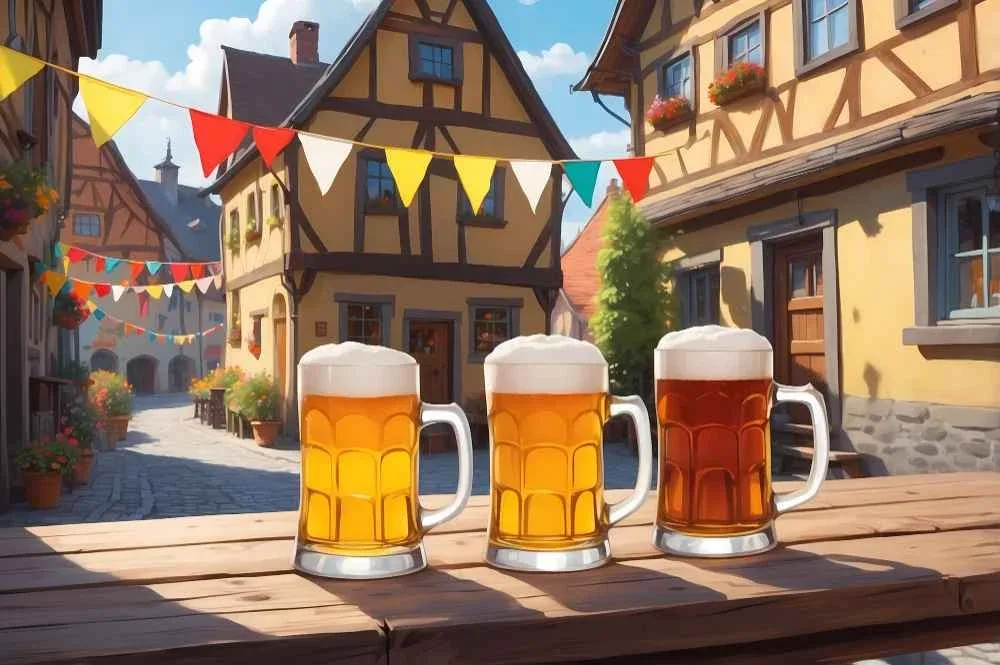
Oktoberfest is the biggest beer festival in the world, held every year in Munich, Germany. The event runs for 16 days from mid-September to early October and attracts over six million visitors each year. It is a celebration of Bavarian culture, with traditional food, music, and of course, beer.
The festival originated in 1810 as a wedding celebration for the Bavarian Crown Prince Ludwig and Princess Therese. In addition to horse races and agricultural shows, the citizens were invited to join in on the festivities. The event was such a success that it became an annual event and eventually evolved into what we know today as Oktoberfest.
One of the main attractions at Oktoberfest is the beer tents set up by different breweries. These tents serve traditional German beers such as Märzen or Helles lagers in large one-liter steins called Maßkrug.
Read More: How to Stay Safe While Traveling Solo
Conclusion
Cultural festivals to attend in europe are a great way to learn about the history, customs and traditions of a country. With various events and activities, there is something for everyone to enjoy.
Whether it’s dancing in the streets at Carnival or sipping on a cold beer at Oktoberfest, these festivals are not to be missed. So pack your bags, book your flights and get ready for an unforgettable trip filled with culture, food and fun.
FAQs
Are these festivals suitable for families?
Yes, many of these festivals have family-friendly activities and events. However, it is best to check the festival’s website or schedule beforehand to ensure there are activities suitable for children.
Do I need to purchase tickets in advance?
For some festivals, it is recommended to purchase tickets in advance as they can sell out quickly. It is always best to check the festival’s website for ticket information.
Are pets allowed at these festivals?
It depends on the festival. Some festivals may allow pets, but it is always best to check beforehand and make sure to follow any rules or regulations regarding pets.
Can I bring my own food and drinks to the festivals?
Most festivals do not allow outside food and drinks, as they have plenty of vendors and food options available for purchase. However, some festivals may have designated areas for picnics or allow small snacks and water bottles.
